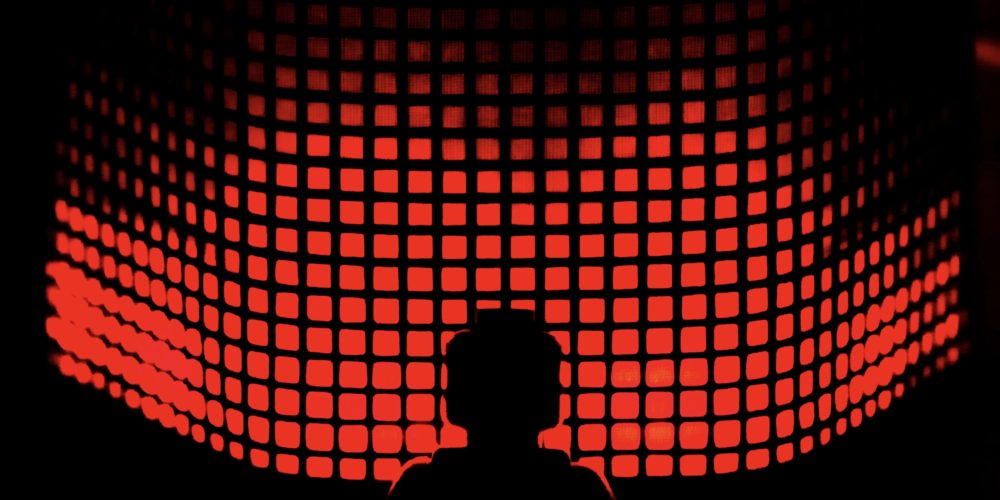Who owns your data? Do you care?

Photo by Rishi Deep on Unsplash
You upload a photo from your holiday (click). You search for a product (click). You like someone’s post (click). You add a new friend on a social network (click). You make a purchase on a website (click). You receive an emailed receipt (click). You express your opinion in a forum (click). You get directions from the mapping app on your phone (click). You watch a video that makes you laugh (click). You write a comment below a news article that worries you (click). You like a product and post a review (click). You say something to your voice-based home assistant (click).
All those clicks were new data points about you being stored and analyzed. Not by you, but by giant tech companies.
The more you click away in modern life, the bigger and deeper the data set created about you. Right now, even with modest digital usage, you probably have a very rich personal profile stored by various tech companies. It is made richer with every new click, until a very accurate picture is created. In many ways, tech companies now know you better than you know yourself.
From your purchase histories; from your travel locations; from your photos and videos of nearest and dearest; from your opinions on current affairs; from those you follow and applaud. All that activity generates a vast trove of data on which artificial intelligence tools can be applied. That intelligence now knows where you live and work; who your friends and relatives are; whether you are in a meaningful relationship; whether you are expecting a child or feeling depressed; whether you are faithful or promiscuous; what your fears and anxieties are.
That profile of you is enormously valuable: to companies who want to sell you things; and to politicians who want to influence your vote.
The Facebook and Cambridge Analytica scandal showed us a glimpse of how badly this can end. If someone is able to combine all that data about your preferences and anxieties with your electoral identity and voting history – bingo. They know where all their voters are, know those who won’t vote for them – and those who can be swung their way. Now they can get to work. They can create and spread stories that play on those very anxieties and press the right emotional buttons, and then target those stories to be seen by exactly those people who will be most affected by them.
None of this is new. It has been simmering away for a while. Books have been written. But now that it’s a movie on Netflix (The Great Hack), it might be more widely understood. Watch it, and be afraid.
Technology is meant to be our helper, our saviour even. But if you concentrate its power in too few hands, you turn it into something else altogether. All those billions of clicks are being stored and mined by a handful of companies. They are gathering enormous, unprecedented power over us. And they are all privately owned, mostly by a handful of billionaires.
What should be done? Now that many cats are out of the bag, a tech backlash is growing. Regulators are finally in play, issuing new data privacy laws and imposing big fines for breaches. Expect that to continue.
Many tech enthusiasts who have seen the dark side are promoting ‘human-centred’ technology – tech that helps us with our weaknesses and does not prey on them. We need to think harder about tech in terms of using it to help us improve our lives, rather than letting it expose us to fresh dangers.
A vigorous discussion is also underway about your data. Who owns it? Should technology companies be free to mine it and sell it on without your permission? They would argue that they don’t take it for free – they provide you with convenient tools in your life at no charge. But perhaps this transaction should be made explicit. More people need to understand that if they are getting something for free, they are likely to be the product being sold.
What about you? Do you care about your data and where it goes? Do you worry about being trapped in echo chambers where your worst opinions are amplified, without even knowing it? Would you pay a little for more privacy – or do you just want to have all the messaging coming at you because the product is free? It’s a choice.
A lot more people are asking themselves these questions. You should, too.
(Sunday Nation, 25 August 2019)
Sunny Bindra’s new book, The Bigger Deal, is now on sale.

Buy Sunny Bindra's new book
The X in CX
here »
Popular Posts
- Where are you rushing to—your funeral?June 29, 2025
- The map will appear—once you start walking.July 6, 2025
- Built the app, forgot the flowJune 22, 2025
- How to spot a real thinkerJune 15, 2025















